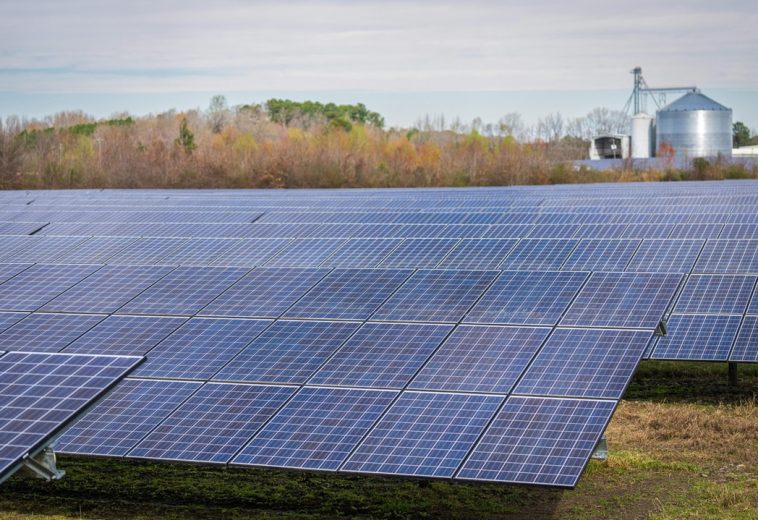The global waste crisis is a ticking time bomb. Every year, humanity generates approximately 2.24 billion tonnes of solid waste, a figure expected to rise to 3.88 billion tonnes by 2050, according to the World Bank. Nearly 33% of this waste is mismanaged—either burnt in open pits or left to decay in unregulated dumpsites—contributing to 11% of global methane emissions, a significant driver of climate change. Countries with the highest waste production per capita include the United States (773 kg annually per person), Canada (706 kg), and Germany (633 kg). While developing nations produce less waste per capita, they struggle more with waste management due to inadequate infrastructure, weak policies, and limited recycling capabilities.
Recycling, central to global waste reduction strategies, presents a mixed picture. While countries like Germany recycle 67% of their municipal waste, the global average remains low at 19.7%, according to the International Solid Waste Association. In the European Union alone, recycling has cut 42 million tonnes of CO2 emissions annually, highlighting its role in mitigating climate change. However, the effectiveness of recycling programmes depends on government policies, public participation, and investment in waste management infrastructure. Japan has pioneered waste-to-energy technology, converting over 80% of its waste into energy through incineration and biofuel processes. Meanwhile, Sweden, which recycles 99% of its waste, has developed an advanced circular economy where waste is converted into resources.
READ ALSO: Africa’s Waste Management Success: A Model for U.S. Reform?
Africa’s Waste Management Challenge
Africa contributes roughly 9% of global waste but faces the most severe waste management challenges. The continent generates approximately 70 million tonnes of waste annually, with only 10% being formally recycled. The rest ends up in open dumps, rivers, and streets, exacerbating environmental hazards and public health crises. Nigeria alone produces over 32 million tonnes of solid waste annually, yet only 4% is formally recycled, leading to widespread pollution. Similarly, Kenya generates 3,000 tonnes of waste daily, but only 8% is recovered through recycling. In Ghana, over 12,000 tonnes of plastic waste are generated daily, but only 2% is recycled, leaving vast amounts of waste to clog waterways and contribute to flooding in cities like Accra.
Despite these challenges, Africa is witnessing a growing movement towards a circular economy, where waste is transformed into economic opportunities. South Africa leads the continent in recycling, with a 43% recycling rate for plastic packaging waste, according to Plastics SA. Rwanda, through its ban on single-use plastics and strict waste management policies, has emerged as one of Africa’s cleanest nations. The country has also invested in e-waste recycling plants that process over 10,000 tonnes of electronic waste annually. Ethiopia has developed Africa’s first waste-to-energy plant, the Reppie facility, which processes 1,400 tonnes of waste daily to generate electricity for over 25% of Addis Ababa’s population.
Recycling as a Solution: A Double-Edged Sword?
Recycling alone cannot entirely solve Africa’s waste crisis, but it can be a powerful tool in the broader waste management strategy. The industry has the potential to create over 500,000 direct jobs across Africa if properly implemented, according to the UN Environment Programme. However, several barriers must be addressed. A lack of infrastructure remains a significant challenge, as many African countries lack formal recycling facilities, making waste separation and processing difficult.
Low public awareness also hampers progress, with many communities unaware of the economic and environmental benefits of recycling. Financial constraints further complicate the issue, as recycling is capital-intensive, requiring investments in technology, transportation, and processing plants. Additionally, weak policies and enforcement undermine efforts. Many African nations have recycling policies but struggle with enforcement, leading to low compliance.
The informal waste sector, consisting of millions of scavengers who collect and resell recyclable materials, plays a crucial role in waste management but lacks government support. In Lagos, Nigeria, an estimated 500,000 people engage in informal waste collection, yet they receive little protection or financial assistance. The expansion of formalised recycling programmes could integrate these workers into structured, safer systems while boosting recycling efficiency.
Investing in a Circular Economy
For recycling to be a viable solution, African governments must adopt a multi-pronged approach. Investing in waste management infrastructure is crucial, including building modern recycling plants and waste separation facilities. Incentivising the private sector through tax breaks and grants for companies investing in recycling can accelerate progress. Public education through awareness campaigns on the importance of recycling is essential for behavioural change. Legislative backing must also be strengthened by enforcing strict waste management laws to ensure compliance.
Case studies from successful waste management programmes can serve as blueprints for Africa. Brazil, which implemented a nationwide recycling incentive programme, saw waste collection rates rise from 2% to 59% in under a decade. The United Arab Emirates, through its Zero Waste Initiative, aims to divert 75% of its waste from landfills by 2025, demonstrating the effectiveness of policy-driven strategies. African nations could replicate these models by adapting them to local contexts, leveraging technology, and enacting policy reforms.
Africa is at a crossroads in its waste management journey. Recycling alone is not a silver bullet, but when combined with proper waste disposal, government policies, and public participation, it can significantly reduce waste pollution and unlock economic opportunities. The time for action is now; the longer Africa waits, the heavier the burden will become. If properly harnessed, recycling can turn Africa’s waste crisis into a wealth-creation opportunity, paving the way for a cleaner, healthier, and more sustainable future.




